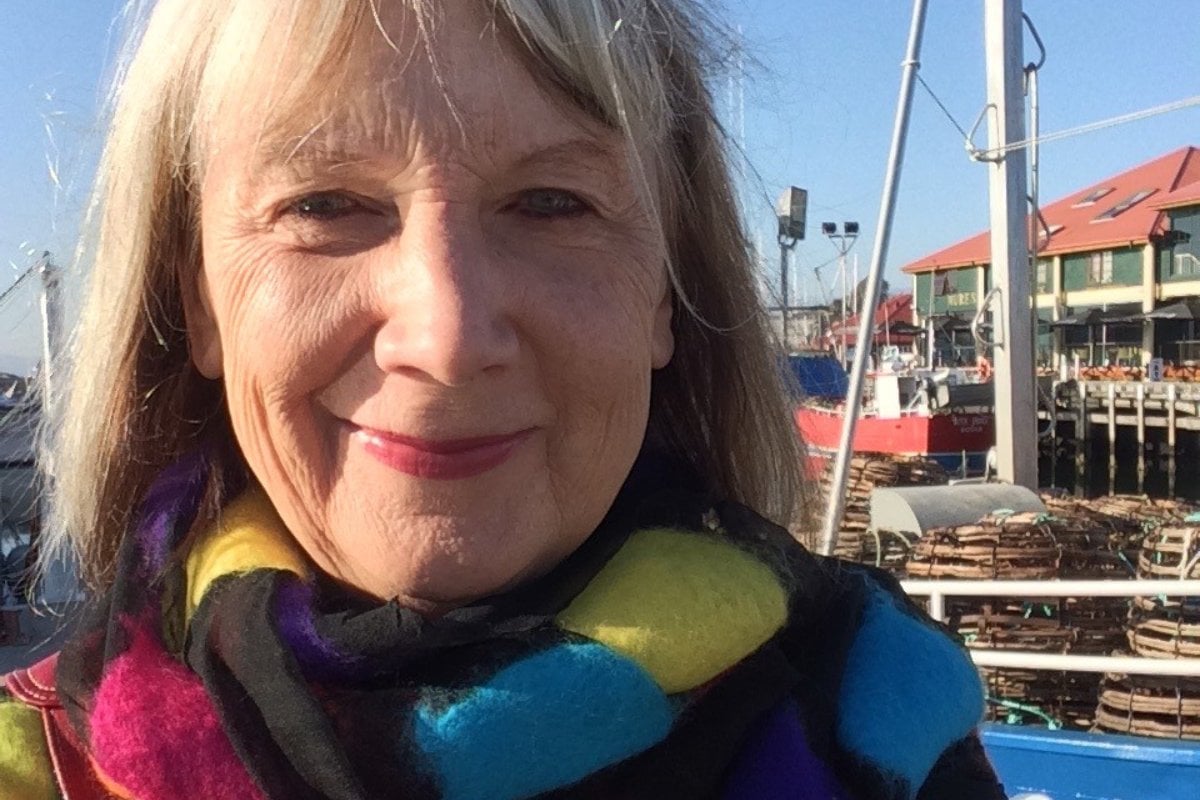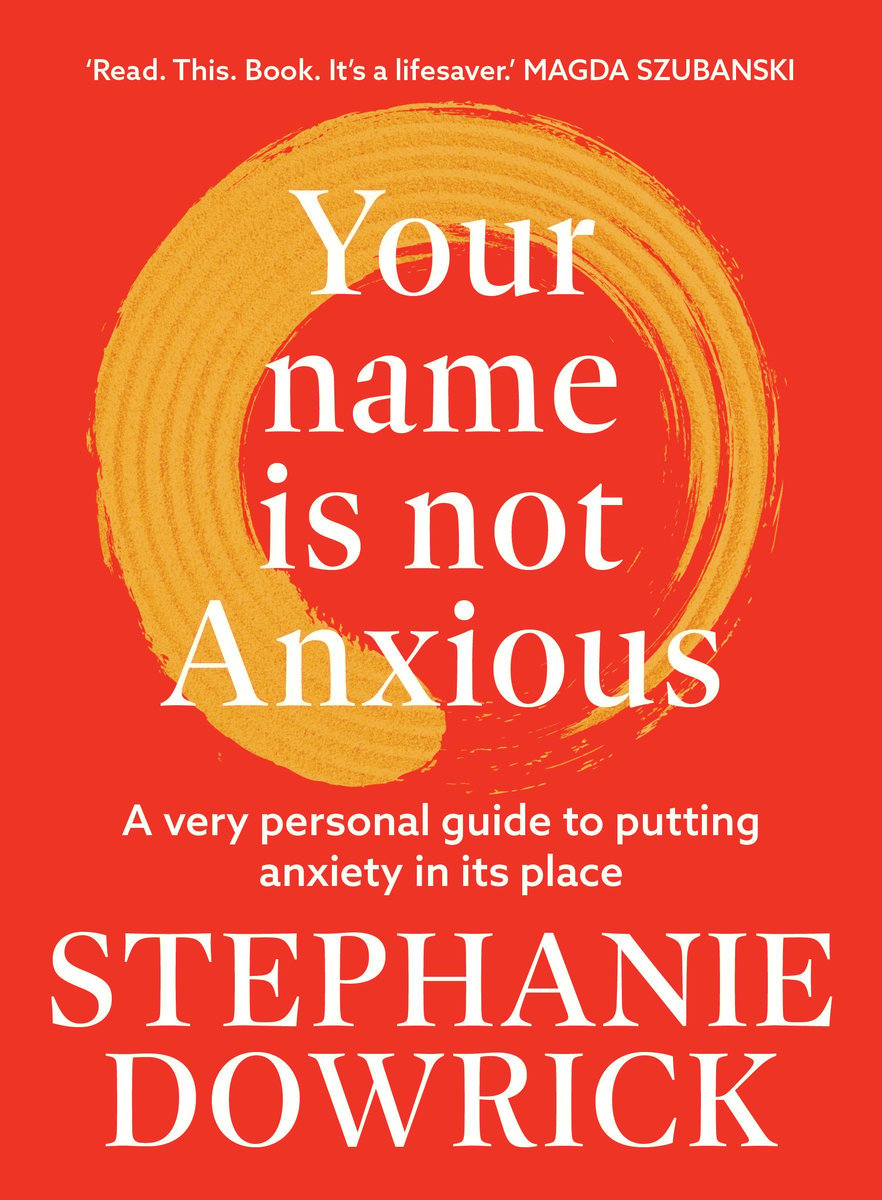
The following is an extract from Your Name is Not Anxious by Stephanie Dorwick, a very personal guide to putting anxiety in its place.
Anxiety is not 'all in the mind'. It affects your whole body, and certainly your emotions. Those big responses you are feeling to immediate or potential unsettling or frightening situations happen within your body. They are driven by complex systems outside your immediate control that are doing exactly what they should: alerting you to danger so you can protect yourself. However, when 'alerting' becomes too frequent, or semi- permanent, this is exhausting as well as destabilising.
Something needs to be done. Something can be done.
1. Anxiety is treatable. It is the most treatable of all 'mood disorders'. This puts power back where it belongs—with you. However good your support, you are the most vital member of your 'treating team'.
2. Managing stress and reducing it wherever possible is your first major step in taking back power—and putting yourself in charge of your moods and emotions. This is not optional. Stress and anxiety are inextricably linked. No one but you can sort your priorities and put your wellbeing first.
3. Anxiety expresses instincts, feelings, reactions that have a vital place in a healthy psyche. But anxiety should never dominate. Nor should it dominate the way you think about yourself.
4. You live in a wondrous physical world, and an often insanely stressful, hectic and competitive one. Anxiety is a rational response to a world like ours. But you can reduce its sting.
5. A whole-self perspective embraces all that you are. Habits of thinking and feeling are only that—habits. Some are supporting you. Some are not. You are always more than your thoughts and feelings, however persuasive they may be.

